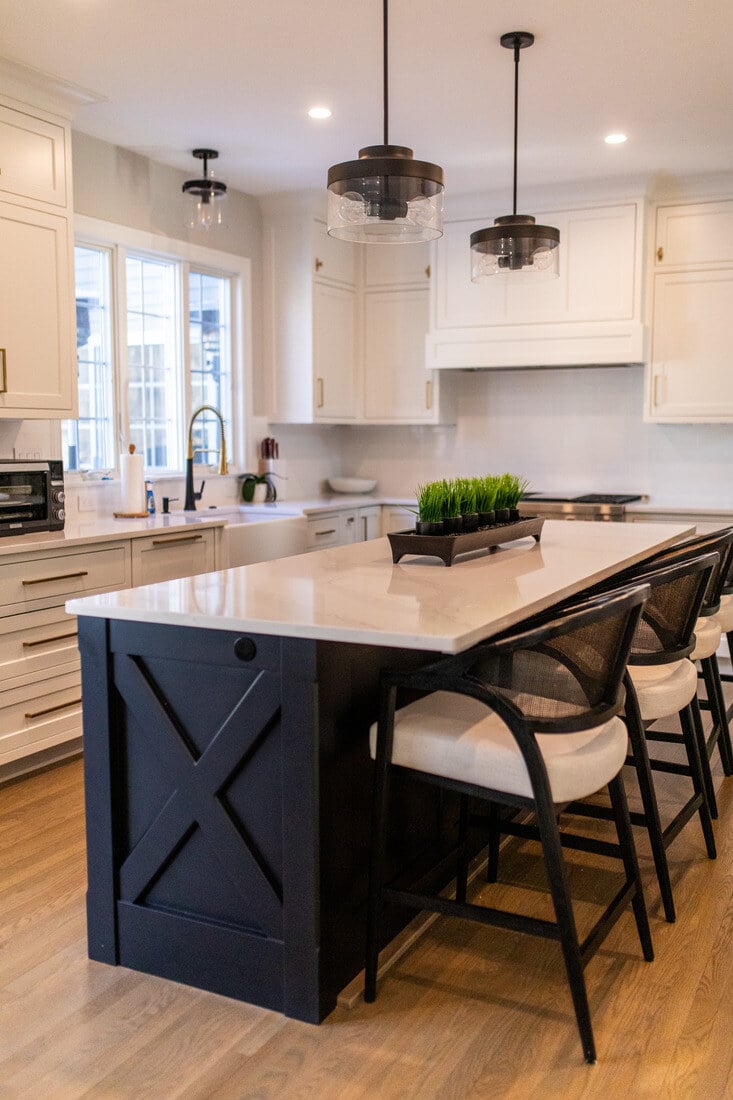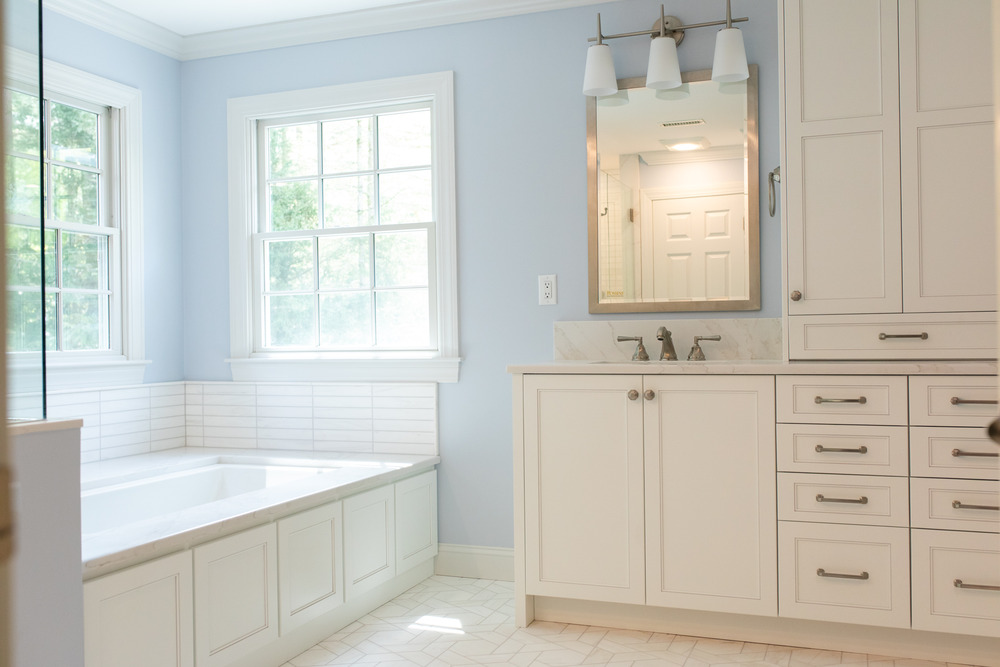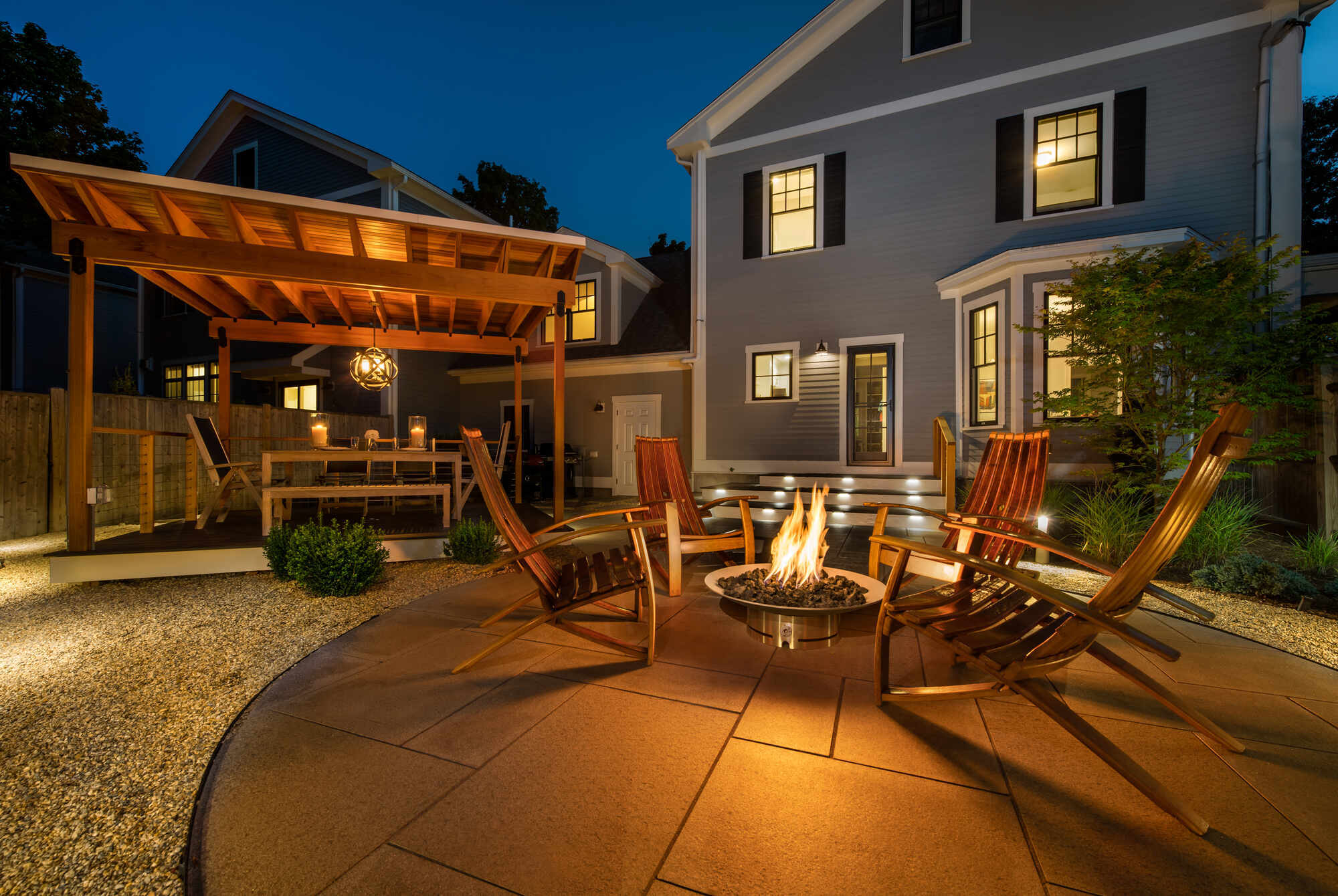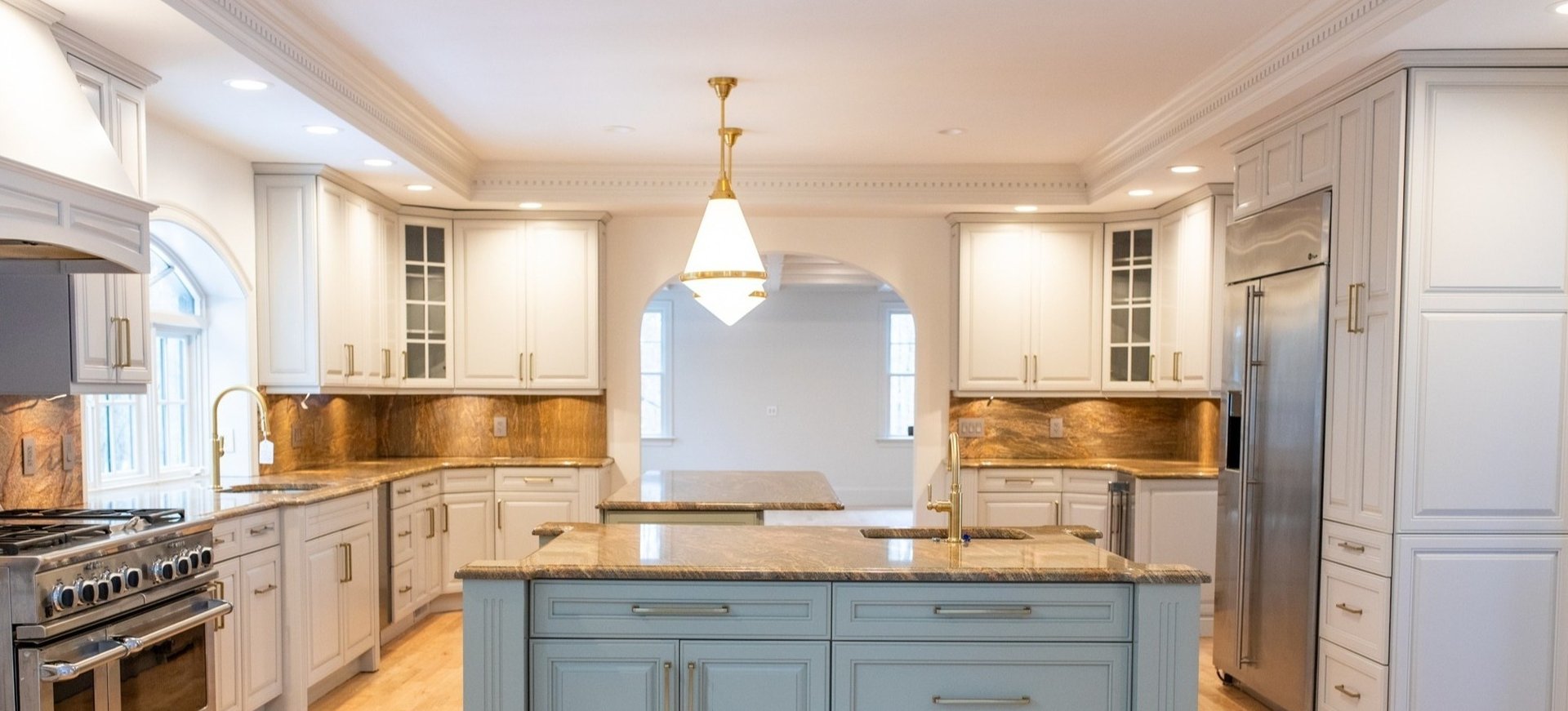
Making Homes More Beautiful in Greater Boston Since 1986
Remodeling, Painting & Carpentry with Tom Curren Companies
Award-Winning
Unmatched Client Service
Fine Craftsmanship
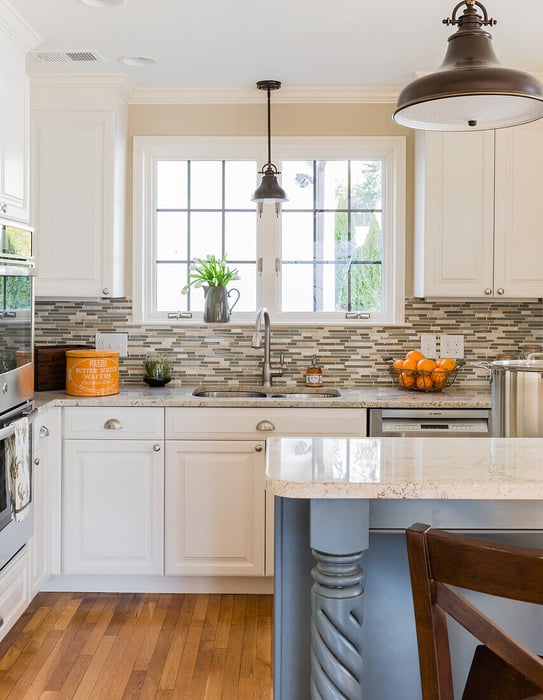
Entrust Your Home to Tom Curren Companies
Since 1986, Tom Curren Companies has been transforming homes across Greater Boston with expert craftsmanship, thoughtful design, and a deep commitment to client satisfaction.
As a full-service Design-Build firm, we offer kitchen and bathroom renovations, interior and exterior painting, and expert carpentry Inspections and repairs - all tailored to enhance your home's beauty, functionality, and long-term value. Our experienced team is ready to transform your space, whether you're looking for a simple refresh or a comprehensive overhaul.
Tom Curren Companies ensures a seamless experience from initial consultation to final review, prioritizing communication, reliability, and personalized service to meet your unique needs and budget, and to ensure complete satisfaction.
MORE
Services
Carpentry
From custom decks and wood siding to window and door upgrades, our skilled carpenters enhance your home’s beauty and durability. We also offer Carpentry Inspections and specialty woodwork for homes in Newton, Lexington, and Greater Boston.
- Carpentry Inspections
- Decks & Outdoor Living
- Siding Repair & Installation
- Window & Door Installation
- Historic Restoration & Repairs
- Wood Gutter Repair & Installation
Services
Painting and Staining
Refresh your Greater Boston home inside and out, with Tom Curren Companies. Our team specializes in interior painting, cabinet painting, exterior painting or staining, and deck painting or staining. We deliver long-lasting finishes with premium materials, ensuring durability and curb appeal for homes in Newton, Brookline, Wellesley, and throughout Greater Boston.
- Interior Painting & Staining
- Exterior Painting & Staining
- Cabinet Painting & Staining
- Deck Painting & Staining
- Stucco Repairs & Painting
- Floor Staining
Services
Home Remodeling
Tom Curren Companies is a Design-Build company specializing in remodeling and renovations in Newton, Wellesley, and Greater Boston. Whether you need a full-gut renovation or minor upgrades, we create beautiful, functional spaces with quality craftsmanship and efficient timelines.
- Kitchen & Bathroom Remodels
- Basement & Attic Remodels
- Mudroom & Cabana Remodels
- Garage & Outbuilding Additions
- Accessory Dwelling Units (ADU)
- Horse Barn & Stable Renovations
- Elevator Shaft Additions
WHERE WE WORK
Since 1986, Tom Curren Companies has proudly provided expert remodeling, painting, and carpentry services to homeowners across Newton, Wellesley, Lincoln, and throughout the Greater Boston area.
We frequently work throughout Middlesex County, Norfolk County, and MetroWest, so if you're unsure whether we cover your town, please reach out and we’d be happy to confirm and discuss your project!
Our Service Area
.jpg)
What Our Clients Think
"We are a repeat customer. We used Tom Curren Cos services for a variety of projects from bathroom rebuilds to exterior painting. They have conducted themselves professionally and the team leads have been a pleasure to work with."
Michael Q.
Multiple Projects
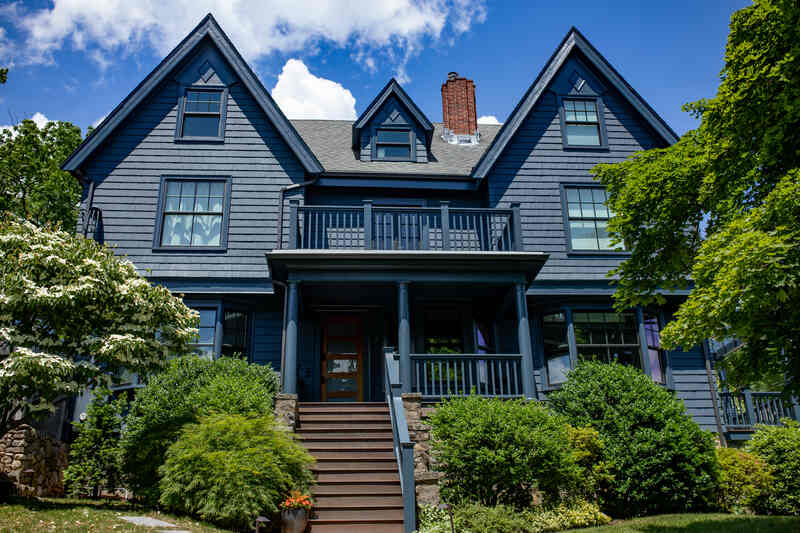
What Our Clients Think
"We are very happy with how our house looks. The Tom Curren team was meticulous and thorough while painting our house. The result shows how professional their entire approach was, from the prepping, the painting, and finally the cleanup. We had the entire exterior done: siding, foundation, deck, and stoop. They understand our direction and requests to the letter. The team members were friendly, accommodating, and considerate. Highly recommended!"
Arra A.
Exterior Remodel
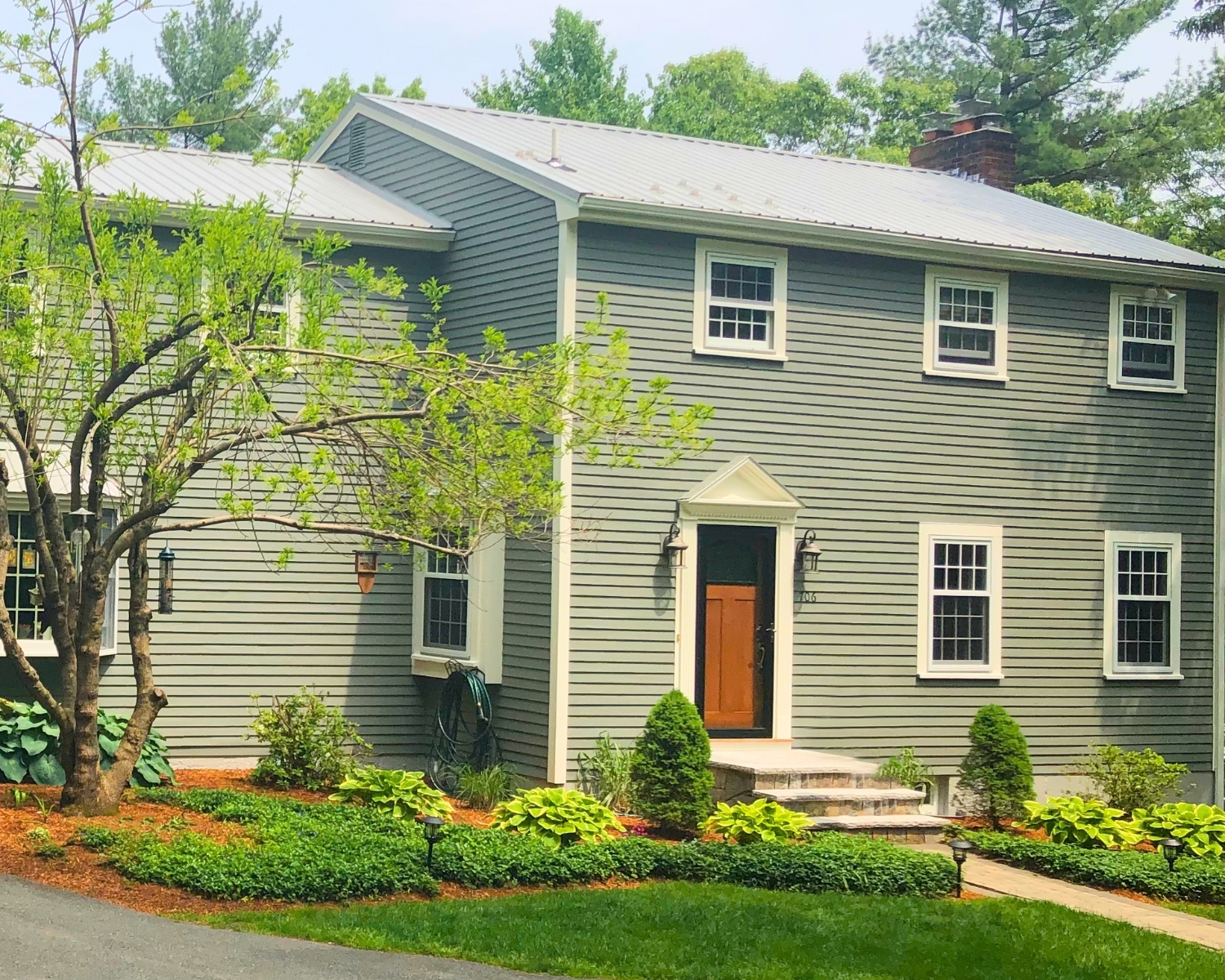
What Our Clients Think
"Tom Curren Companies is my "go to" team for my house painting, repair and remodeling projects. I am a repeat customer for many years including painting, various repair projects, and room remodeling. The Curren team is experienced, highly capable, honest, and well-connected in the local industry. I highly recommend working with them!"
Mark T.
Painting & Remodeling
Helping You Love Where You Live
Tom Curren Companies
Join the thousands of satisfied clients who have trusted over 39 years to transform their homes. Choose Tom Curren Companies for your next project and experience the difference that dedication, quality, and expertise can make.
